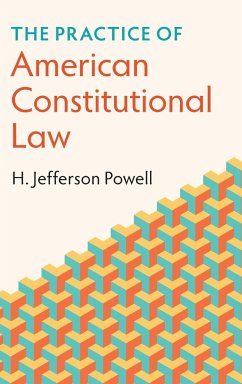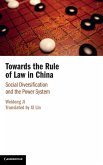"Americans refer to "the Constitution" easily and often. What exactly they mean is not so clear much of the time. The term is, of course, short for "The Constitution of the United States of America," which is the title of a document - really, a collection of documents, the original text and the amendments. In some sense, Americans always have the document in the back of their minds when they invoke its title. In ceremonial contexts, and when politicians want to belabor their opponents about the latter's supposed perfidy, "the Constitution" brings up the image of the parchment document housed in the National Archives, with "We the People" in large flowing script at the beginning and George Washington's signature leading the rest at the end; what the document actually says between heading and signatures is often immaterial. At the other end of the spectrum, "the Constitution" in a list of university classes might identify a course truly focused on the language drafted in Philadelphia in the summer of 1787, with some attention paid to the text's antecedents and to the intellectual arguments and political struggles over its subsequent ratification by the thirteen original states. Somewhere in between are those many occasions when "the Constitution" stands for the speaker's views on American ideals. Exactly how the words of the text express those ideals may be hazy, but that the words do so, and in the process safeguard those ideals, is crucially important, indeed, the very point of referring to the Constitution"--
Hinweis: Dieser Artikel kann nur an eine deutsche Lieferadresse ausgeliefert werden.
Hinweis: Dieser Artikel kann nur an eine deutsche Lieferadresse ausgeliefert werden.








